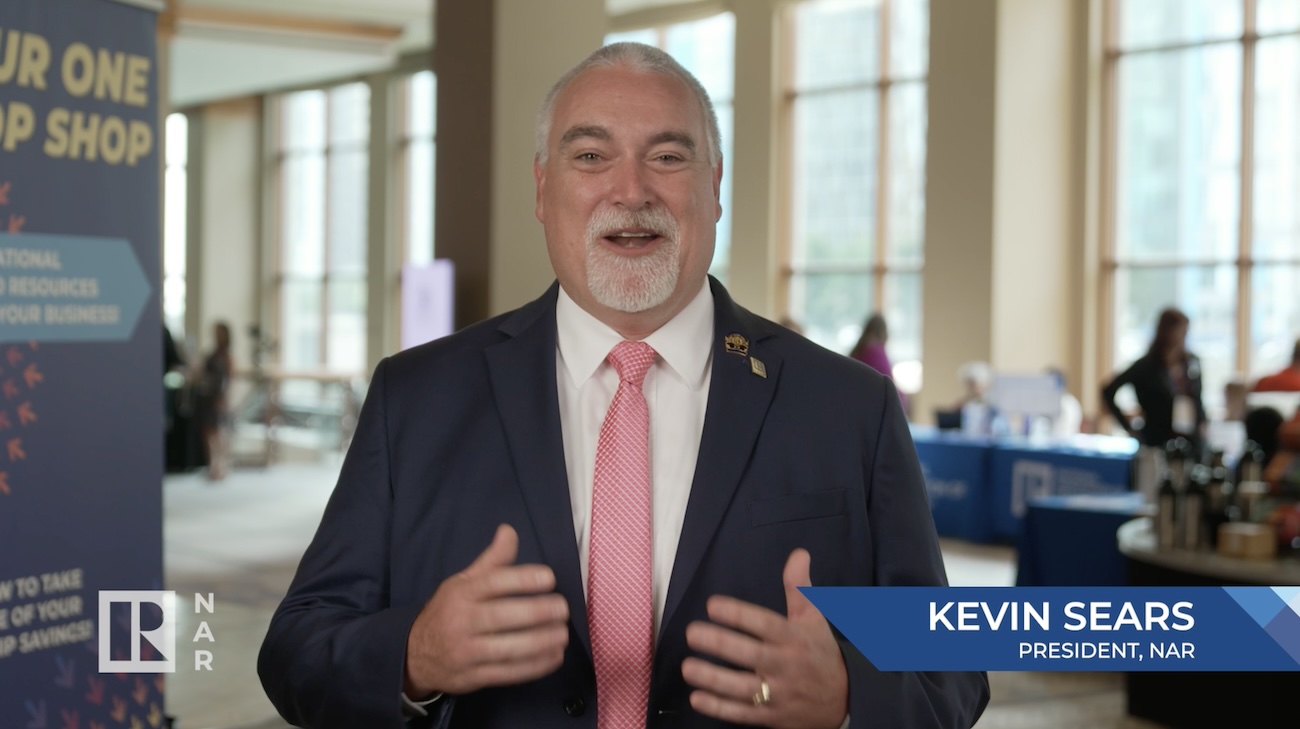WASHINGTON (January 14, 2021) – The National Association of Realtors® hosted some of the brightest minds in the housing finance world Thursday afternoon for a virtual event focused on fine-tuning the trade association's ongoing proposal to transform Fannie Mae and Freddie Mac into mortgage market utilities.
"As market utilities, Fannie and Freddie would strike a balance between utilizing private capital to protect taxpayers, incorporating market incentives and innovation, and fulfilling their charter mission to American consumers," said NAR President Charlie Oppler, a Realtor® from Franklin Lakes, N.J., and the CEO of Prominent Properties Sotheby's International Realty. "While the enterprises have operated safely, effectively and efficiently since the Great Recession, NAR's plan locks down this structure for the future in a way that improves access to mortgage while maintaining market stability."
NAR welcomed guests including former Freddie Mac CEO Don Layton, Dr. Susan Wachter and Richard Cooperstein on Thursday as it showcased new research – GSEs: Their Viability as Public Utilities – offering specific guidance on how Fannie and Freddie can attract investors, minimize taxpayer risk and keep costs down as they make the transition into a mortgage market utility.
In the spring of 2019, NAR joined financial market experts Wachter and Cooperstein to propose transitioning the Government Sponsored Enterprises into market utilities. In the months since, NAR has worked to promote and refine its utility proposal as the future of the GSEs remains at the forefront of industry discussions. In the wake of the COVID-19 pandemic, the GSEs now support nearly 80% of the U.S. residential market.
NAR and others argue that the GSEs' somewhat conflicting roles as both shareholder-held and congressionally-chartered entities make them perfectly suited for the utility designation. The GSEs continue to receive special treatment from the federal government in order to comply with their mandate to support underserved markets and maintain liquidity at all times, but they also must defend profits while answering to taxpayers and to shareholders who take losses before taxpayers.
"Fannie and Freddie are central to the industry as they provide the infrastructure, maintain critical functions for the market to survive and carry out a public service," Oppler continued. "But the market in which they operate is not naturally competitive and could lead to negative outcomes like overpricing, restricted access and low-quality products for investors."
Since the Great Recession, Fannie Mae and Freddie Mac have been reformed to be safer and operate more like utilities. NAR contends the GSEs would not have been as effective in protecting the nation's real estate market and the broader economy during the worst of the pandemic's fallout if they were not structured this way. Without the GSEs, rates would be higher in normal times, access would decline and the 30-year fixed-rate mortgage would not be widely available.
The National Association of Realtors® is America's largest trade association, representing more than 1.4 million members involved in all aspects of the residential and commercial real estate industries.
# # #













